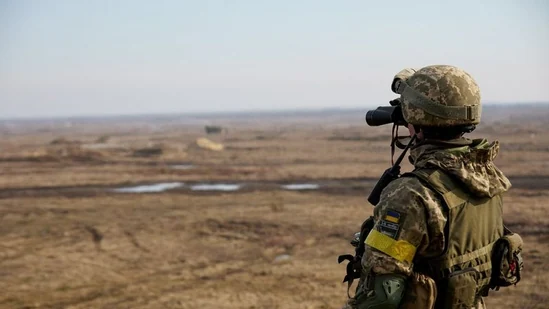
Well, with all eyes on the dramas in Greece, for some it’s overshadowed the more worrying concerns coming out of China.
And if you feel Greece is Europe’s problem, you’re probably not alone – but China is a lot closer to home and the slump has triggered fear of a worrying slowdown in the country’s economy.
Thanks to ANZ for the following information on what’s happened and an idea of maybe what lies ahead.
Chinese policy makers have released several new measures to halt the slide in share prices. What’s going on?
From go to slow(er)
It is no secret that the Chinese economy has been slowing since 2010, though it continues to grow at a much faster rate than developed economies. Recently China’s growth was reported to be 7% for the first three months of 2015, but real activity indicators suggested growth momentum was far more sluggish.
Before the recent slump, the Chinese share market had more than doubled since June 2014 and appeared to be helping to stabilise the Chinese economy. Property transactions and home prices picked up as consumer confidence improved and Initial Public Offerings (IPOs) re-started in the middle of last year, providing access to capital for many private companies. There were also anecdotes that the ‘wealth effect’ from the share market was providing a boost to domestic consumption.
China’s slowdown is partly a result of the government’s desire to focus on transitioning from an investment-driven economy to one that is more dependent on consumption. At the same time, the large stimulus program used to support growth during the Global Financial Crisis (GFC) had left Chinese local governments with large debt burdens, making it hard for them to fuel further growth with more credit. Meanwhile, banks remain wary of lending further to companies to help them grow, despite multiple interest rate cuts and the slashing of the amount of money banks need to keep aside for lending.
Action!
Following the biggest three-week rout in China’s main share market index (the Shanghai Composite Index) since 1992, Chinese authorities sprang into action to stabilize the market, fearing social and economic instability if things worsened. Besides taking action against short sellers, they relaxed margin lending rules, cut trading fees and slowed the pace of IPOs. Over the weekend, China announced that a group of brokerage firms will invest RMB120b (US$19.3 billion) to set up a market stabilisation fund. The Chinese central bank will also provide short-term funding to the state entity which makes margin loan financing available to the brokers.
It remains to be seen whether the authorities’ measures will have a meaningful long-term impact. While the valuation of the broader market is approaching more reasonable levels after the recent decline, shares in smaller companies (‘small cap stocks’) and technology-focused shares are overvalued and the bubble may be about to burst.
What’s ahead?
We see issues in China as being far more important for financial markets than the debt crisis situation in Greece. While uncertainty around whether Greece exits the euro zone is likely to cause market jitters in the coming months, we don’t expect this to have a major impact on markets longer term. However the situation in China has the potential to be much longer lasting given its importance in the global economy, especially for Australia as China is its largest trading partner.
It is not so much the Chinese share market falling that’s concerning, but rather what follows. If the share market drop harms business and consumer confidence in China, then it would worsen the current slowdown. Declining wealth may also hinder consumer spending and slow the economy’s transition. Moreover, the weaker share market will make it more difficult for businesses to reduce debt levels down to more manageable levels without weakening growth, as seen in developed economies post the GFC.
We have been expecting a slowdown in the Chinese economy and have a negative position to emerging market shares. We have also been fairly negative towards Australian shares and the Australian dollar because the Chinese slowdown sways commodity prices downwards, and the Australian economy as a result.
That said, we consider Chinese policy makers will be successful in stabilising growth at a reasonable level, though more action may be required.
We hope you found this Market Flash a useful insight into the recent share market events in China and our investment views.


Latest News / Blog Post
Posted on July 10, 2015
China Moves to Halt Sharemarket Rout
Posted in: Economy,Investments
RECENT POSTS
CATEGORIES
Previous Articles
Head Office
P.O Box 3592, Burleigh Town, QLD, 4220
Contact Us
Phone: 07 5593 0855
Email: info@wealthplanningpartners.com.au
Office Hours:
9am - 5pm Monday to Thursday
9am - 12pm Friday
(Other appointment times by request)



Registration
WPP Licensee Services Pty Ltd
P.O Box 3592, Burleigh Town, QLD, 4220
Robina, QLD, 4226
AFSL No. 530393
ABN# 76 649 079 998
Copyright © 2023 Wealth Planning Partners Pty Ltd | All Rights Reserved | Website designed by Xenex Media


 January 18, 2025
January 18, 2025 

















